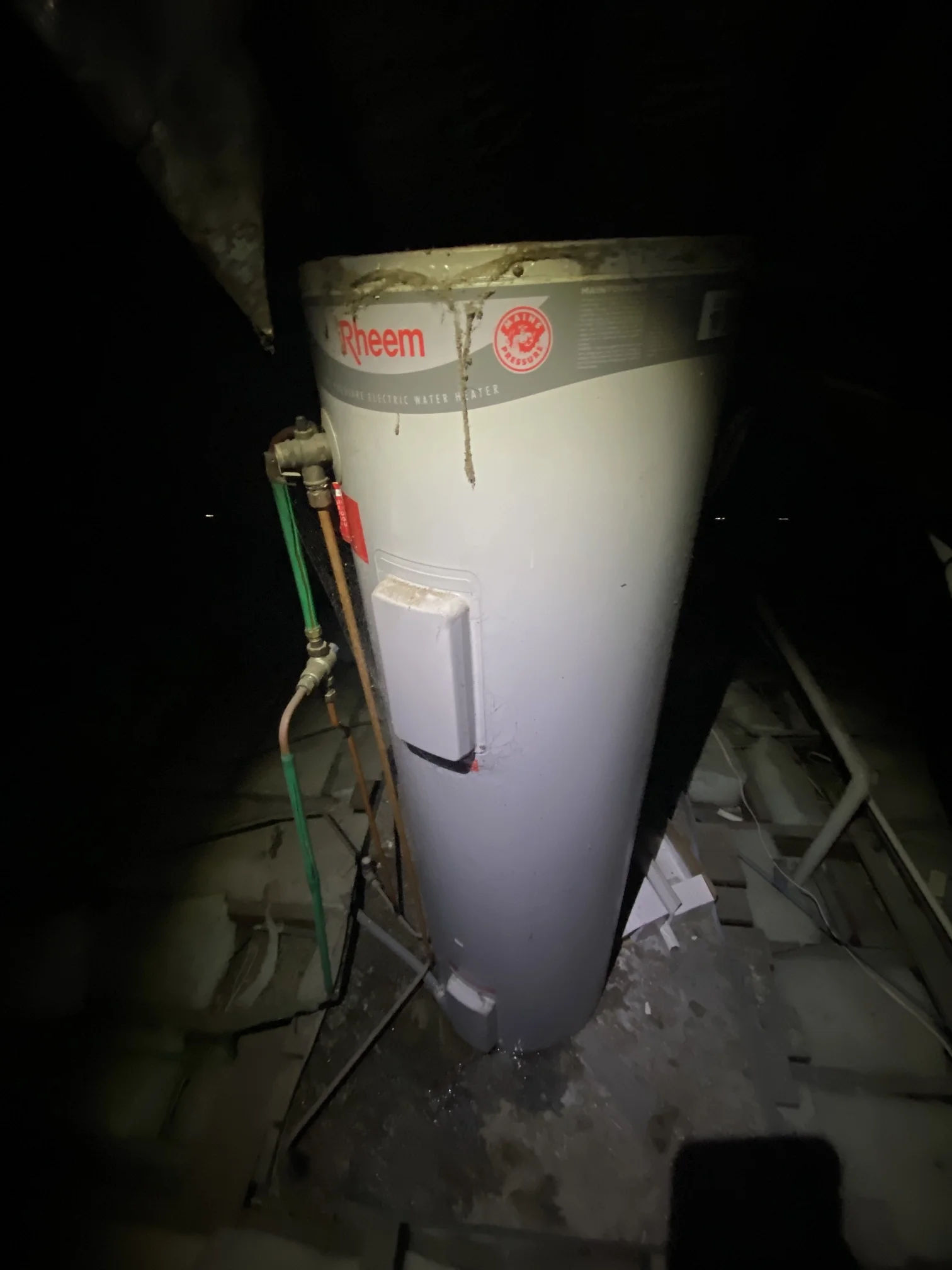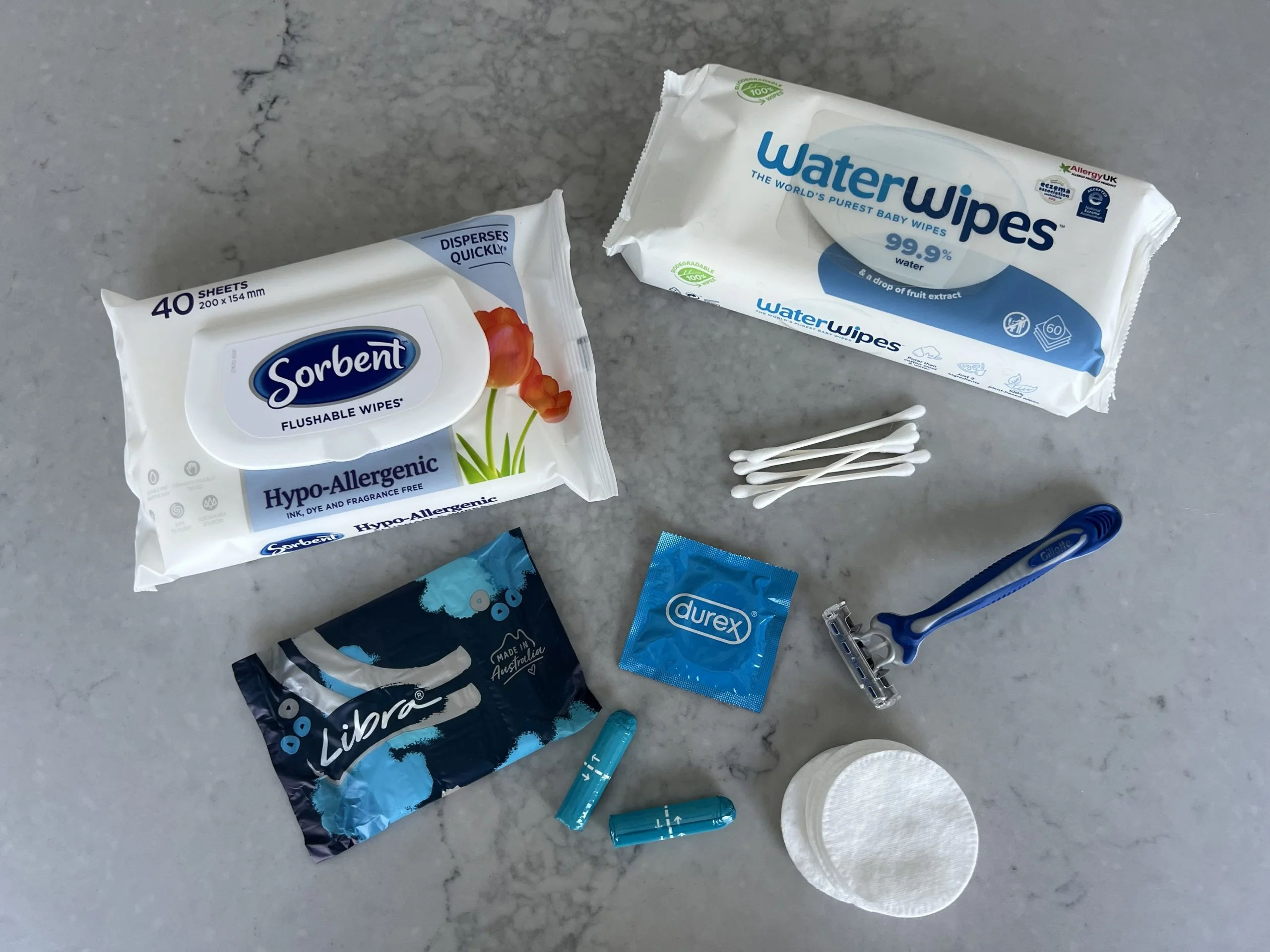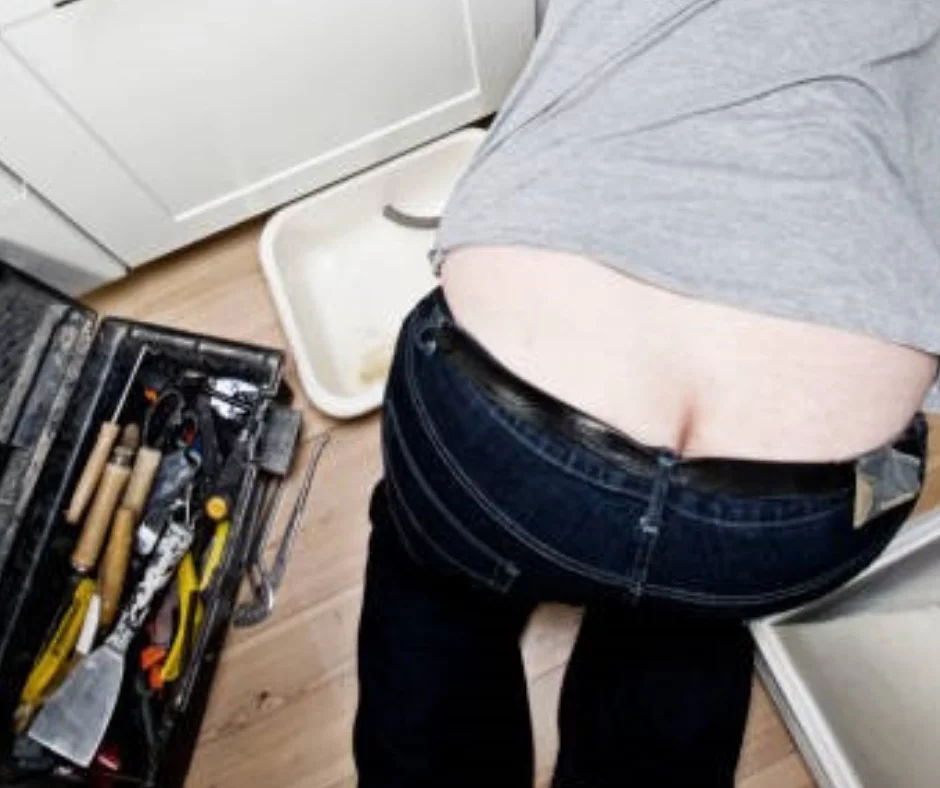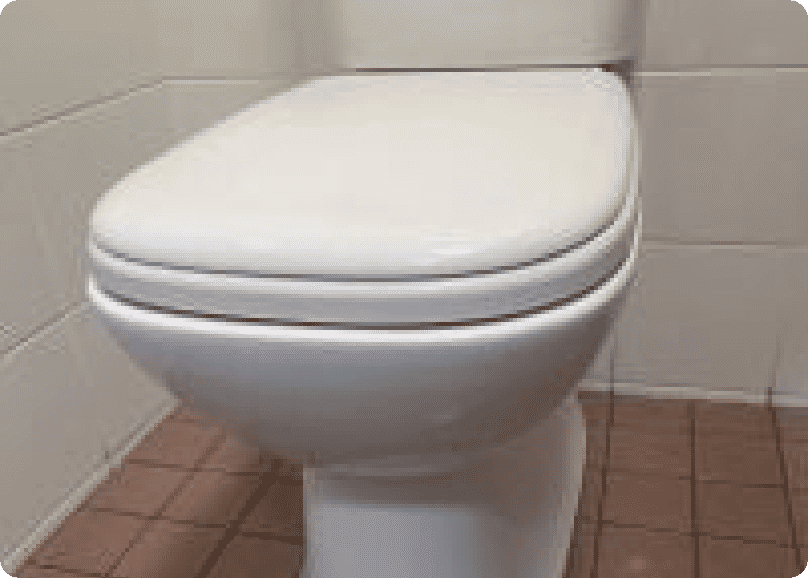Burst Hot Water Heater? Why This Happens And What To Do Next.
- William Demirdonder
- Feb 18, 2022
- No comments
- 15-minute read

A hot water heater is one of the most used appliances in our home; we depend on them so much, every day. Yet we don’t pay attention to them generally UNLESS there is an issue like a leak, a burst or when there is no hot water.
This article will take you through the signs to look out for to let you know your hot water heater needs some expert attention, what to do in the case of a hot water heater leak, what happens if a hot water heater leaks in your apartment and whether your hot water heater is covered by home and contents insurance.
When your hot water heater is about to burst, there are a few warning signs to look out for. If you notice any of these signs, or you’re worried about your hot water heater in any way, we suggest you call our team at Proximity Plumbing and we’ll be out to inspect it for you in no time.
The last thing you want (especially as the morning’s get more chilly) is a burst hot water heater, especially when it could have been avoided with an expert looking at it now.
 YUCKY SMELL (LIKE ROTTEN EGGS)
YUCKY SMELL (LIKE ROTTEN EGGS) If you smell a rotten, sulphuric smell near or around your hot water heater, please call a professional plumber ASAP. The smell comes from the release of sulphur and we don’t want gas to hit any flame.
 LEAKING PRESSURE VALVE
LEAKING PRESSURE VALVEThe job of the pressure valve is to make sure that, when your heater is treating water, pressure doesn’t build up inside the tank to unmanageable levels. Sometimes the safety mechanisms meant to do monitor the pressure can malfunction and allow too much pressure to build up. This can then cause the pressure valve to leak. It’s a definite warning sign of an issue with your hot water heater.
 POP-POP-POPPING NOISES
POP-POP-POPPING NOISESIf you hear a random popping noise in the home and brush it off – think again and call the plumber. The popping could be coming from your hot water heater. Over time, sediment can build up at the bottom of your tank (which is why we suggest flushing it twice a year). If too much sediment builds up, water and air can get stuck underneath it and cause a pressure buildup and popping noises to occur. This can then cause your water heater to explode or burst.
 INCORRECT OR UNPROFESSIONAL INSTALLATION
INCORRECT OR UNPROFESSIONAL INSTALLATIONIf your hot water heater has been incorrectly installed it can lead to gas leaks, pressure buildup and other issues that are hard to spot if you’re not an expert. If you feel your hot water heater has been incorrectly installed, please contact a professional plumber and have them look it over!
 BROWN OR RUSTY WATER
BROWN OR RUSTY WATERBrown or rusty water coming out of your faucets could mean there is a sediment buildup or rust inside your hot water heater. Not only is it a little unpleasant to look at, but it could also pose a health issue for yourself and your family. You’ll want a professional plumber to inspect your hot water heater ASAP.
Please note; if you notice ANY of these signs, please consider calling our team at Proximity Plumbing now to inspect your hot water heater and put your mind at ease. If there is any issues with your water heater, we’ll suggest a plan of action after assessing your specific unit, location and budget.
If your home’s hot water heater has burst or exploded right now, please call our team on 0420 102 394 and we’ll send our expert emergency plumbers out to your home.
Here are some steps to take now if your hot water heater bursts (or you want to be prepared if it does burst at some stage):
 Switch off the hot water tap supply OR the main water supply
Switch off the hot water tap supply OR the main water supplyIf your hot water heater bursts or is leaking considerably, we suggest turning off the main supply to your hot water ASAP. This is to protect your home and belongings from flooding. Flooding can occur very quickly as the water supply is still being pumped into the tank.
Find the isolation tap that supplies water directly to the hot water heater and turn it off. Alternatively, turn off the water main that supplies all water to the property.
Before you turn off the main, if you have time to fill up some drink bottles, kettle, kids drink bottles and a few jugs or pots, to make sure there is some drinking and cooking water for a few hours, that would be highly advisable.
Please note, when you do this, the remaining water in the tank may continue to leak however if you can see the location of the leak, you could use a bucket to collect that water.
Most Australian homes have their water mains in the front yard or alongside their homes. If you’re living in a strata building, you are most likely to find it under the bathroom sink or laundry tub (if you’re still unable to locate it, your strata or building manager can guide you in finding out where it’s located).
 Turn off the hot water switch from the electric switchboard
Turn off the hot water switch from the electric switchboardFirstly, do you know whether your hot water is supplied electrically or via gas? Once you’ve established this the next step after you turn off the isolation tap supplying water to your hot water tank.
Switch off the hot water switch on your electric switchboard. The switchboard will usually state ‘Hot Water’ ‘HWS’, ‘Water’ or something similar. Flick this to the OFF position. This step is very important as it will stop the electricity flow to your hot water tank to prevent any accidents involving electrocution.
 Turn off the gas tap supply to the hot water tank
Turn off the gas tap supply to the hot water tankIf you’ve identified that the hot water is instead controlled by the gas tank, switch off the gas tap supply immediately. This will ensure that the remaining water in the tank will not be heated further, and there is no chance of a gas leak occurring. This is a vital step after switching off the water supply and will make the environment as safe as possible for yourself, family members and your professional plumber who is likely on his or her way.
Please note: If you’re in an emergency right now with your hot water heater, please call our team on 0420 102 394 and we can talk you through these steps over the phone as we dispatch our expert team.
 Remove any items of furniture or belongings that may be affected by flooding water
Remove any items of furniture or belongings that may be affected by flooding waterIf there is considerably leaking and water pooling, it may be wise to remove any furniture and belongings you can see could be affected by a flood from the water heater. This is the quickest way to ensure that your belongings and furniture are protected and safe.
Try to move the furniture far away, making sure that the exits to the property remain clear and easily accessible so your plumbing crew and your family can easily get in and out of the property.
 Phone A Professional!
Phone A Professional! Our friendly team of experienced and professional plumbers are highly trained in remediating burst hot water heaters and water-damaged areas. We will provide expert knowledge, tips and assistance during the entire process, starting with your phone call to us. A burst hot water tank can occur at completely unexpected times, which is why Proximity Plumbing offers 24/7 emergency plumbing assistance for our Sydney customers every single day of the year (even public holidays).
 Install A New Hot Water Heater
Install A New Hot Water HeaterOnce the craziness of your hot water heater bursting has subsided, you’ll need a new hot water heater installed professionally. Our team at Proximity Plumbing can do this for you. With proper installation and regular maintenance, you should not have another burst water tank incident.
Most hot water heaters have a lifespan of ten years.
Are you able to recollect when you had your water heater serviced or replaced? If your hot water heater was in your home when you moved in, and you have no knowledge of how long it’s been there, maybe have a professional come and inspect it to determine the age. If you’ve been in your home for more than ten years and you know it’s been there longer than you have, then it’s time to replace it.
The older a hot water heater is, the less efficient it is. You’ll start to see a steady decline in function as your hot water heater reaches that 8 to 10 age and that’s due to the internal parts breaking down over time. Sediment, rust, it can all flow into your bath, shower, sink and other appliances. This is also when leaks can start to occur. With proper and regular maintenance by a licensed plumber, you’ll know when the hot water heater is needing replacing.
Water heaters are made using a glass-lined storage tank. As time passes, the natural minerals in the water can harden and form deposits on the inside of the tank. Over time, the glass can break, or crack, causing your hot water heater to leak. Unfortunately, these cracks are not repairable and the hot water will need to be replaced eventually.
When this does take place, you need to replace your water heater because the cracks developed in the glass liner aren’t repairable. At times, these leaks won’t affect the unit’s operation and people opt to wait to replace the water heater. As long as the water leaks aren’t inflicting any damage, then this is fine; however, you’ll need to change the unit eventually.
At times, a water heater tank can form excessive pressure that can cause leaks. This can occur if the external water supply is coming in at excessive pressure for the tank or the water temperature is set very high.
Other reasons why your hot water heater could be leaking include Improper draining and loose fixtures.
To get expert eyes on the leaking issue we suggest you call our team now, or your trusted professional plumber and get them out to see you ASAP.
Unfortunately, even your apartment hot water heater can burst. Water heating system leaks are as common in apartments as they are in homes. Sometimes even more so because no one resident or landlord or property manager is keeping tabs on how old the hot water heater is. This is why routine plumbing inspections, even in apartments is important.
Apartments can also see water damage from upstairs or neighbouring apartments, when there is an issue in one apartment, depending on what it is, it can easily spread into another.
The signs of a plumbing problem in your apartment (which is caused by another issue at a neighbouring apartment) can be very subtle. A suddenly soft wall, a small leak in a bathroom or wall, a spot of mould that grows very quickly can all indicate there is a potential problem either above, below or next door which needs to be investigated by a professional plumber.
If you are living in an apartment with a potential leak or burst water pipe that is originating from somewhere else, here’s what you can do:
In Australia, your landlord or real estate agency’s property manager is responsible for handling all the organisation and payment of any repairs carried out at your property. In the very unlikely event that the damage is maliciously caused or can be found to be caused by a tenant due to ongoing negligence then you could be asked to pay for the repairs.
For any personal damage to your furniture or belongings, you will most likely need to have renters insurance. Most insurance companies in Australia have renters insurance policies. To understand what you are and are not covered for, you must read your policy clearly and call your provider to start a claim in the event any accidental flooding or water damage occurs.
Unfortunately, hot water heaters can and do burst. An explosion can occur either from a build-up in pressure within the water tank or a gas explosion.
A gas explosion happens when gas has leaked from the water heater and fills the room. For example, a spark (flicking a light switch on) ignites the gas and causes the explosion. In this case, the gas that leaks from the tank caused the explosion.
And yes, even your electric water heaters can explode. High pressure that builds inside a water heater affects both gas and electric water heaters.So insurers know this can happen, and most Australian house and contents policies will cover your hot water heater HOWEVER you must check your policy and you must contact your provider to triple check this is the case.
There are a few common ways hot water heaters are covered under most homeowners policies.
Make sure to reach out to your independent insurance agent to review your specific homeowner’s policy with you. They’ll be able to help you understand exactly what kind of coverage you have regarding your hot water heater.
You will most likely see the term“Escape of liquid”in your home and contents insurance policy. This usually covers the sudden bursting, leaking, discharging or overflowing of:
Some insurers may also include explorative costs in searching for the unknown sources of a leak or leaks. Again, check your policy and talk with your provider.
After paying your excess, you’ll be responsible for paying any amount exceeding your house and contents policy’s limits in the category of the dwelling itself for structural water damage, or in the personal property category if things like your furniture get damaged by the water. You can always talk to your provider and assess whether your policy limit can be increased if you feel it’s not substantial enough right now.
Please note:some insurers will maintain that general wear and tear on appliances are not covered under standard policies since the upkeep and maintenance is considered to be part of the owner’s job to carry out. There are some grey areas when it comes to this condition. So in the unlikely event that a hot water heater can be proven to have busted due to negligence, you could not be covered. As with anything insurance related, call your provider and ask the question!
We hope that gives you a better understanding of why hot water heaters can burst, what to do in the event that happens and how you can prevent it, and protect yourself. The best thing you can do to take care of your appliances and home’s plumbing is to routinely have an expert plumber inspect and check your entire system. Lucky for you, it’s one of the things we love to do at Proximity Plumbing and our trusted team is ready to assist. Please call our team now on 0420 102 394 and we’ll get an appointment for you.
Understanding your home insurance and what you are covered for when it comes to plumbing can be overwhelming. Do you have cover if the land mower of your neighbour damages part of your pipeline?....
Read MoreFatbergs are created when you flush down wet wipes or “flushable” wipes down the toilet and they get caught up in your pipes with a combination of any oils, fats or grease poured down the ....
Read MoreImagine you’re in the midst of a plumbing emergency (we’ve all been there) and you desperately need an ace plumber on your door step. We doubt in the middle of a plumbing emergency you&rs....
Read MoreIrrespective of how hard you try, sometimes a toilet or bathroom clog is unavoidable. Whatever might be the reason for the clog, you need to clear the same. When you wish to fix the problem, a plunger....
Read More



Leave a Reply
Your email address will not be published. Required fields are marked *